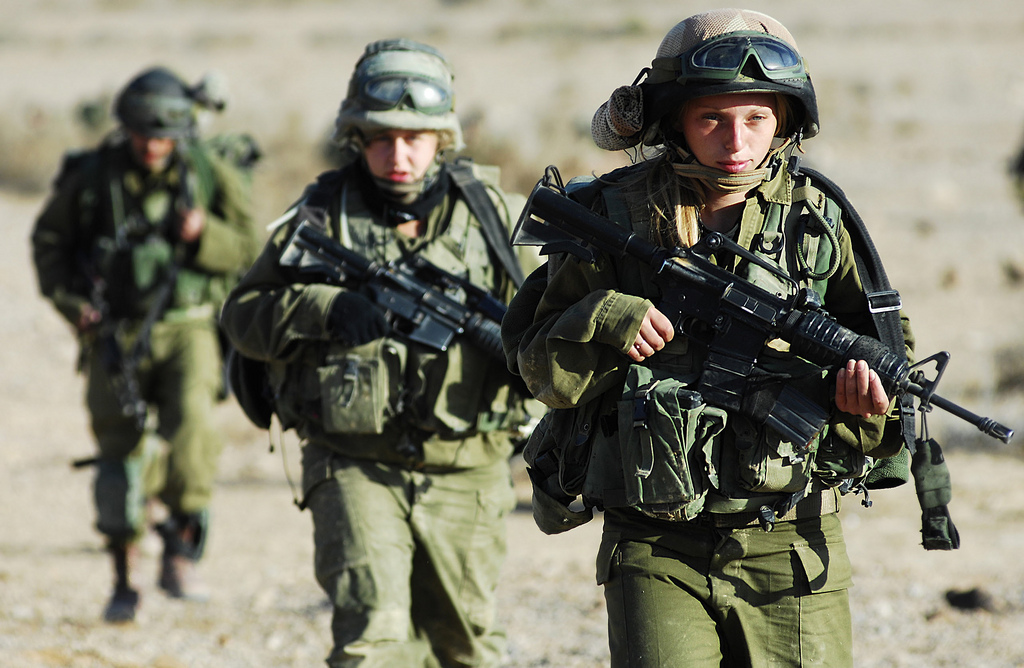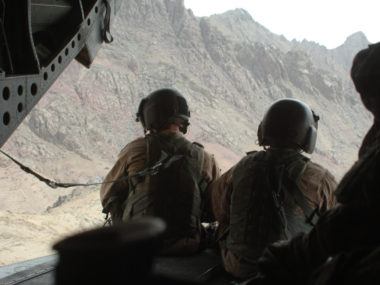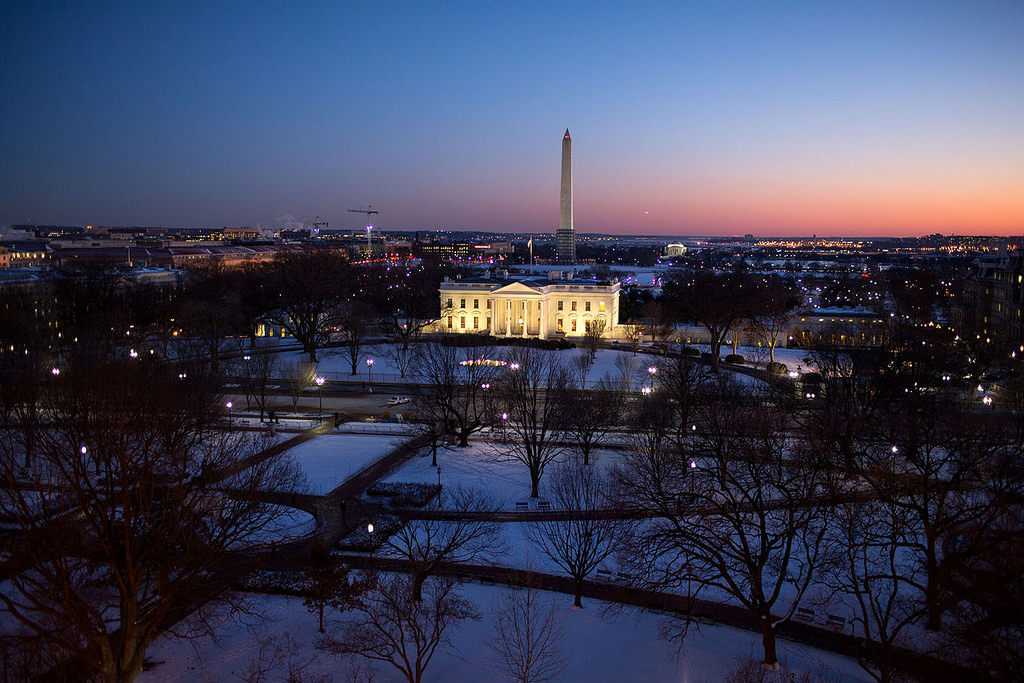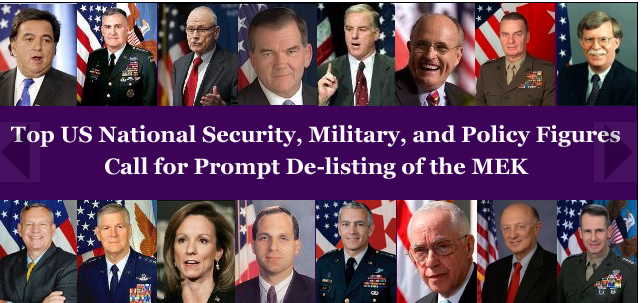Guest post by Yelena Biberman.
Why—on February 14th— did a 20-year-old Kashmiri villager blow himself up, taking with him the lives of 46 Indian security personnel? What should the Indian government do in response to the deadliest attack on its forces in Kashmir since the insurgency began in 1988?
The first question drew a series of quick and confident responses from powerful voices in India and the international community: Pakistan is to blame. And so is any country that supports Pakistan (i.e. China). “Today, as condemnations pour in from countries across the globe, leading international powers must take their share of blame for their unwillingness or inability to draw a red line around Pakistan’s patronage of terror,” prominent Indian journalist Barkha Dutt declared in the Washington Post. “How will India ‘punish’ Pakistan?” speculated the BBC.
It is undeniable that Pakistan supports militant organizations such as Jaish-e-Mohammad, which claimed responsibility for the February 14th attack. But it is also true that, in the eyes of many Kashmiris, the Indian state has been terrorizing them for several decades.
In my forthcoming book, I detail India’s sponsorship of numerous nonstate counterinsurgency outfits which committed major human rights violations in the region. Drawing on fieldwork in Kashmir, which included interviews with victims, former militants, military and security officials, human rights activists, and journalists, I develop a new “balance-of-interests” framework that explains the peculiar state-nonstate alliances that emerged in the region during the civil war. Among the proxies were battle-hardened former insurgents and criminals. The kidnappings, interrogation, torture, and assassinations which many of them carried out were, at times, indiscriminate and inflicted serious trauma on the local population. One former commander explained to me why the Indian military officials embraced the militants: “Let’s say you are a post commander. You know you want to kill the militants operating in your area. You damn well don’t care for anything [else] at that point in time. It’s easy to sit back and reflect now. But, at that point in time, the question is – How do I get rid of this nonsense?”
There is a common assumption in the existing literature that states use nonstate actors to do their dirty work. But, in Kashmir, the official military and security personnel have also been responsible for widespread abuses.
Kashmir is the most densely militarized zone in the world, with roughly one soldier for every ten civilians. The military and police exercise enormous coercive power over the civilian population. The Jammu and Kashmir Disturbed Areas Act, for example, authorizes police personnel (of the rank of sub-inspector and above) operating in “disturbed areas” to use force “even to the causing of death, against any person who is indulging in any act which may result in serious breach of public order.” The parallel Armed Forces (Jammu and Kashmir) Special Powers Act gives the governor (in addition to the central government) the power to declare an area “disturbed,” and authorizes army officers to use lethal force if they are “of opinion that it is necessary so to do for the maintenance of public order.” These and other laws (including the UN-condemned Public Safety Act) confer arbitrary power and impunity to India’s security forces. It is not surprising that significant corruption and widespread human rights violations followed these legal provisions. For example, a top counterinsurgency officer was accused of encouraging Kashmiri men to join rebel groups and then turning them in (or killing them) to receive rewards.
The Jammu Kashmir Coalition of Civil Society (JKCCS), a highly reputable local Kashmiri human rights organization, has tracked claims of abuse carried out by the Indian military and security personnel. Citing “India’s history of denying the applicability of international law to the Kashmir conflict,” the organization called for the international community to “bring to bear moral and economic pressure on India to recognize the paramountcy of the rights of the people of Jammu and Kashmir in this armed conflict, and its obligations to them under international humanitarian and human rights law.”
The suicide bomber, Adil Dar, belongs to the so-called Kashmiri “generation of rage.” This generation played the leading role in the 2016-17 uprisings, which involved widespread youth protests in nearly every district of the Kashmir Valley. Hundreds of students were injured in clashes with the armed forces, and many were arrested. The Indian security forces used pellet guns against mainly stone-throwing protestors. This drew significant international attention and condemnation, but did not cease.
The recent attack is not an isolated incident, but part of a dramatic increase in violence across the region. Labeling Pakistan a “state sponsor of terrorism” or improving security measures in the region would do little to address the underlying reason why a growing number of young Kashmiris see militancy as the only viable option. Any “jaw-breaking response” by India, as Prime Minister Narendra Modi promised, is also likely to fail. India cannot realistically invade its nuclear-armed neighbor beyond Pakistan-administered Kashmir, where its “surgical strikes” in 2016 were quite ineffective.
The Kashmiri insurgency is largely an indigenous movement. Pakistan’s prior efforts to foment rebellion, such as the ill-fated Operation Gibraltar, failed when they did not receive local support. India must look inward, towards its own policies in Kashmir, to find the causes of violent outbursts by Kashmiri locals. “Your atrocities will further our cause and beliefs. We will not plead, but rather fight until death,” the suicide bomber warned the Indian government in a previously recorded video which circulated on social media following the attack.
Seeing Kashmir purely through the prism of “security” ignores the political and social underpinnings of the conflict. The upcoming national election makes it an inconvenient time for the Indian government to fashion a Kashmir peace deal while simultaneously engaging with Pakistan in a dialogue. “But then, when will that time come, if ever?” Alok Asthana, a retired Indian Army colonel, rightly wondered. “Surely the resurgence of a disease creates the right conditions and motivation to tackle the core issue.”
Yelena Biberman is an assistant professor of political science at Skidmore College and nonresident fellow at the Atlantic Council’s South Asia Center. Her book, Gambling with Violence: State Outsourcing of War in Pakistan and India, is forthcoming from Oxford University Press in July 2019.







